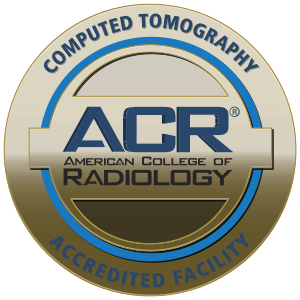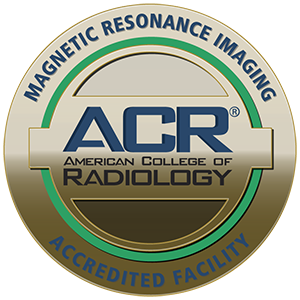CT scans and MRIs mentioned together, but they are two different types of studies.
We often hear CT scans and MRIs mentioned together, but theyare two different types of tests (or studies) that are used for diagnosis ofvarious parts of our body.
In fact, a radiologic technologist licensed to perform CT scans is not necessarily trained to perform MRIs—and vice versa. Each requires its own certification to perform. Lumina has techs trained in both imaging techniques.
We often hear CT scans and MRIs mentioned together, but they are two different types of tests (or studies) that are used for diagnosis of various parts of our body. In fact, a radiologic technologist licensed to perform CT scans is not necessarily trained to perform MRIs—and vice versa. Each requires its own certification to perform. Lumina has techs trained in both imaging techniques.
The biggest difference between a CT scan and an MRI is the use of radiation and a magnetic field.
- A CT scan uses radiation via computed tomography.
- Instead of radiation, an MRI uses a powerful magnet (magnetic resonance imaging).
What to know about CT scans
A CT scan uses radiation to take images of sections of the body. While the idea of radiation may be concerning, your chances of getting cancer from a CT scan are actually very low. The benefits of a CT scan ordered by your physician are almost always far more than any risks.
A highly sophisticated and computerized rotating gantry (that’s the moveable framework on the equipment) is used to take cross-sectional images of the body part. The actual scan time is usually less than a minute, while it may take several minutes to properly position the patient, enter data and plan the scanning.
A physician may order a CT scan when looking for or assessing the following:
- Stroke and intracranial bleed in cases of trauma and severe headache
- Spine fractures
- Better sensitivity for extremity and pelvic fractures than routine X-rays
- Lung problems such as cancer, trauma, pneumonia, nodules (lump), interstitial diseases (progressive scarring of lung tissue)
- Blood or lymph vessels
- Coronary artery calcium screening
- Abdominal and pelvic pain or trauma, detection of cancers and various other pathologies
- Many other indications
What to know about MRIs
Magnetic resonance imaging, or MRI, is a medical imaging technique that uses a powerful magnetic field and highly complex computer system to create high-contrast resolution images of any part of your body.
MRI machines are large, tube-shaped machines. They are somewhat noisy, so patients wear earplugs or headphones to reduce noise exposure. At Lumina, we play music to help patients relax and feel more comfortable during their MRI. Additionally, the MRI machines at Lumina are the widest available on the market providing the best experience for those who may not like small spaces. In some cases we can even perform your study feet-first to alleviate any additional stress.
An MRI is more time-intensive than a CT scan. It takes about 20-30 minutes and requires the patient to lie completely still during that time. Patients must undergo a screening questionnaire with the technologist to rule out contraindications, which are medical reasons an MRI cannot be performed. Metallic foreign bodies in the eye, certain medical devices and some other conditions prevent patients from getting MRIs.
A physician may order an MRI scan when looking for or assessing the following:
- Neurological disorders like epilepsy, multiple sclerosis (MS), stroke, brain tumors, aneurysms, etc.
- Pain in the neck and back to evaluate for disc herniations, facet problems (arthritis-like condition) and neural compression (squeezed or compacted nerves)
- Detailed evaluation of the liver, pancreas, kidneys and many other organs for pathologies such as cancer
- Chronic pain in the knee, shoulder, ankle, hips etc. or to look for ligament injuries in acute trauma
- Any other indications as evaluated by your medical provider
Lumina Partners with Physicians on Your Care
Some conditions can be evaluated by either CT or MRI, however, typically one method of treatment is superior to the other. They have their own strengths and limitations. Usually one or the other will be chosen, but sometimes, both a CT scan and MRI are required.
Your physician is in the best position to decide which imaging technique is appropriate to guide the management of your healthcare problem. And the technologists and radiologists at Lumina will coordinate with your physician to guide the imaging method and protocol to ensure you receive the right imaging study for your needs.
Whichever test you need, Lumina can help! We provide a comfortable experience for patients and quick results for providers, so you can get a diagnosis and treatment underway.






